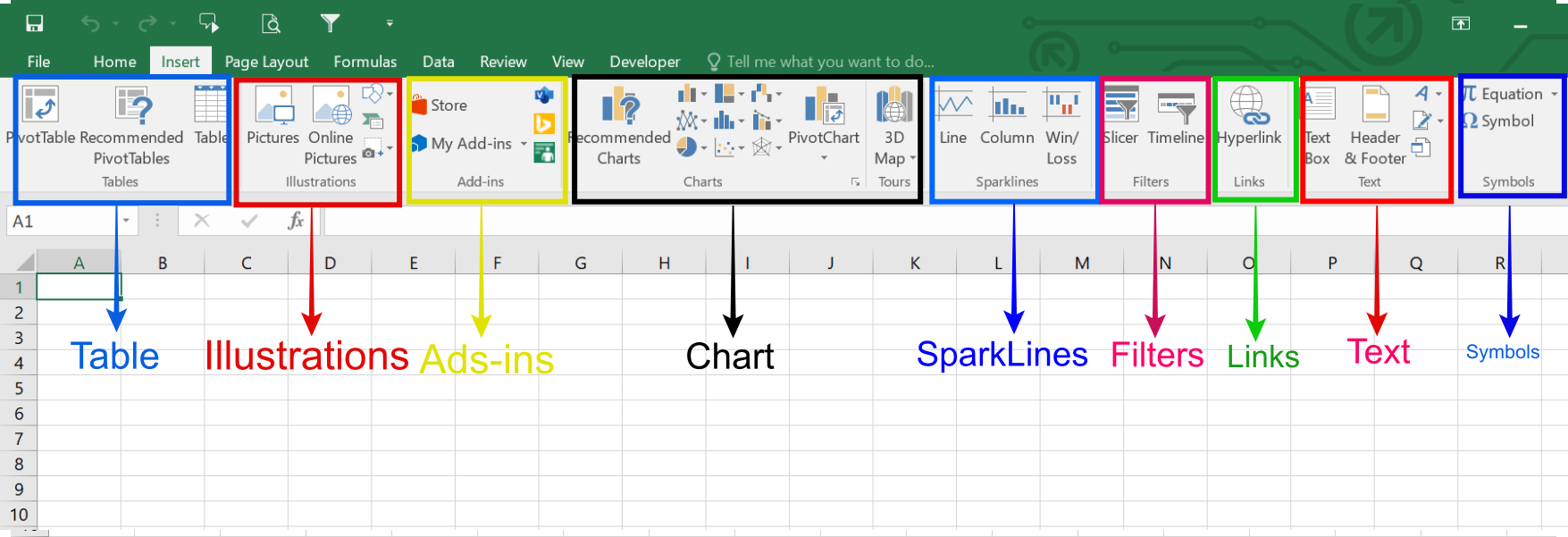Transform Your Excel Sheet into a Live Document Instantly

In today’s digital world, managing and sharing data effectively is more crucial than ever. Excel sheets have long been the go-to tool for data organization, but they often fall short in real-time collaboration and data accuracy. This guide explores how to turn your traditional Excel spreadsheet into a live document that can be edited and viewed by multiple users in real-time.
Why Convert to a Live Document?

Live documents offer several advantages over static Excel sheets:
- Real-Time Collaboration: Multiple team members can edit the document simultaneously, reducing delays and improving teamwork.
- Automatic Updates: Changes made by one user are reflected instantly for all viewers, ensuring everyone has the most current data.
- Enhanced Security: Control who can view or edit the document with detailed permission settings.
- Data Accuracy: Minimize errors as updates are made live and mistakes can be corrected in real-time.
- Accessibility: Access documents from any device, anywhere, without the need for proprietary software.
Steps to Transform Your Excel Sheet

Step 1: Choose Your Platform
The first step in transforming your Excel sheet into a live document involves selecting the right platform. Here are some popular options:
- Google Sheets: Known for seamless integration with other Google services, offering robust real-time collaboration features.
- Microsoft OneDrive: Perfect for those already using Office 365, it supports real-time collaboration in Excel Online.
- Zoho Sheet: Offers unique features like data consolidation from various sources, suitable for businesses looking for flexibility.
Table: Platform Comparison for Live Documents
| Platform | Real-Time Editing | Cloud Storage | Integration | Offline Capabilities |
|---|---|---|---|---|
| Google Sheets | Yes | Google Drive | Google Ecosystem | Yes |
| Microsoft OneDrive | Yes | OneDrive | Office Suite | Yes |
| Zoho Sheet | Yes | Zoho Docs | Zoho CRM & Other Zoho Apps | No |

Step 2: Upload or Convert Your Excel File
Google Sheets: Open Google Drive, click on “New,” and choose “File Upload.” Select your Excel file. Once uploaded, right-click the file, choose “Open With,” and then “Google Sheets.”
Microsoft OneDrive: Simply drag your Excel file into OneDrive, or click “Upload” to select your file. After uploading, double-click to open the file in Excel Online, which will automatically sync changes.
Zoho Sheet: Visit your Zoho Docs account, click “New” and then “Upload,” and choose your file. Once in Zoho Docs, open it with Zoho Sheet.
📝 Note: When converting from Excel to a live document platform, formatting might slightly alter. Always review your document for any changes or errors after conversion.
Step 3: Enable Live Collaboration
Google Sheets: Click on the “Share” button at the top right to invite collaborators by email or generate a shareable link.
Microsoft OneDrive: Click “Share” in Excel Online to set permissions for viewers or editors. You can share via email, link, or even through Teams.
Zoho Sheet: Use the “Share” option to add people via email or generate a link with customizable permissions.
Step 4: Customize Document Settings
- Notifications: Set up notifications to alert team members when changes are made or comments are added.
- Version History: Enable version control to keep track of changes over time.
- Commenting and Review: Allow comments for collaborative review processes.
Step 5: Test and Optimize
Before fully deploying your live document:
- Check Accessibility: Ensure all team members can access the document from their devices.
- Test Real-Time Edits: Verify that edits are reflected instantaneously for all users.
- Permissions Review: Make sure permissions are set correctly to avoid unintended changes or access issues.
By following these steps, you transform your static Excel sheet into a dynamic, collaborative tool. This transition not only improves team efficiency but also enhances data management in real-time.
Wrapping Up

In this journey from static to live, we’ve seen how Excel sheets can evolve to meet the demands of modern data collaboration. By choosing the right platform, ensuring seamless conversion, and setting up effective collaboration, your data becomes more dynamic and actionable. Key advantages include real-time updates, security, and the ability to work from anywhere, which collectively streamline data management and decision-making.
Here are some final thoughts:
- Real-time Collaboration: Team members can now edit and see changes simultaneously, reducing delays.
- Enhanced Security: With controlled permissions, only authorized personnel can interact with sensitive data.
- Accessibility: Data is accessible across devices, improving workflow and mobility.
- Data Accuracy: Real-time updates help catch and correct errors more efficiently.
To keep improving your document management, consider exploring additional features within your chosen platform or integrating with other applications that can complement your data flow.
Is it possible to convert back from a live document to a static Excel file?

+
Yes, most platforms like Google Sheets or Excel Online allow you to download the live document back into Excel format, preserving the data and most formatting.
How can I ensure that my live document remains secure?

+
Use strong passwords, manage permissions carefully, and consider enabling two-factor authentication where available. Regularly review access rights and use audit logs to monitor for unauthorized access.
What are the limitations of real-time collaboration?

+
The primary limitations include internet dependency, potential conflicts from simultaneous edits, and possible confusion if not all team members are adequately trained in using live document features.



